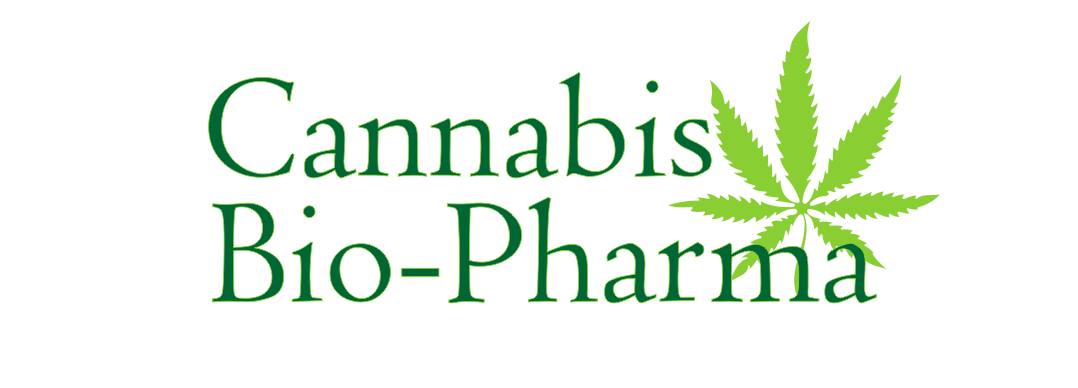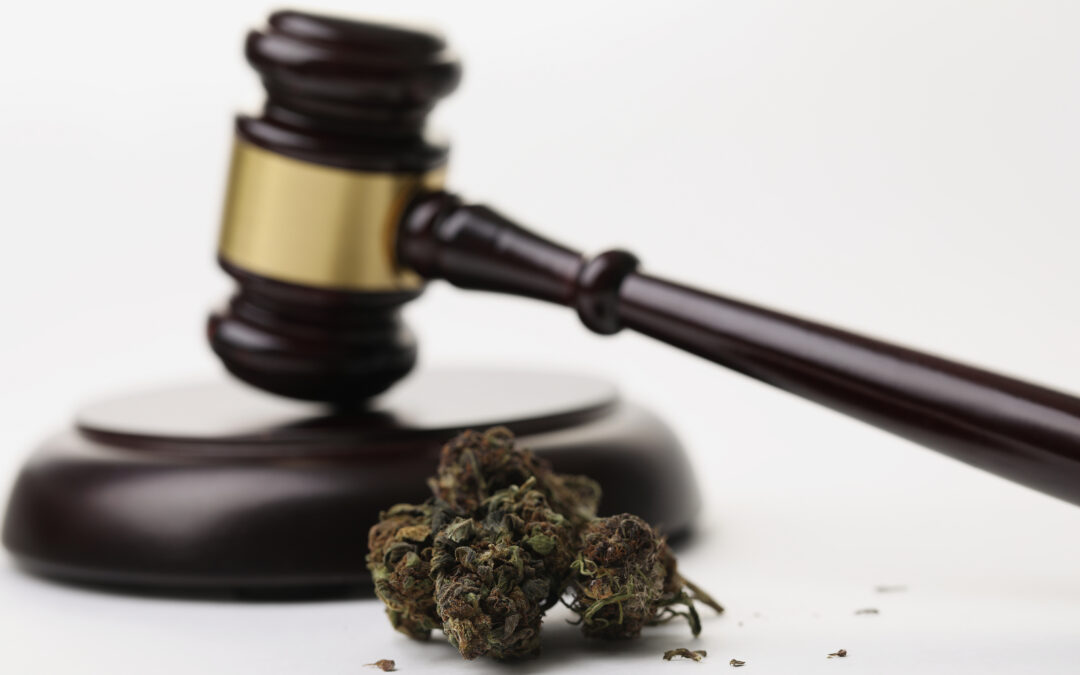The legality of CBD (cannabidiol) has been a subject of confusion and debate, partly due to its association with the cannabis plant and varying regulations across the world. In this blog, we’ll delve into the complex landscape of CBD legality, shedding light on its status in different countries and regions.
The Root of the Confusion: Hemp vs. Marijuana:
The legality of CBD is intricately tied to the plant it is derived from. CBD can be sourced from both hemp and marijuana, two varieties of the cannabis plant. The key distinction between the two lies in their THC (tetrahydrocannabinol) content:
- Hemp: Contains less than 0.3% THC, making it non-psychoactive.
- Marijuana: Contains higher levels of THC, which can induce a “high.”
This THC threshold is often used as the determining factor in classifying the plant and its derivatives.
The United States:
In the United States, the legal status of CBD is complex and varies by state. The 2018 Farm Bill removed hemp from the list of controlled substances, legalizing its cultivation and the production of hemp-derived CBD products. However, individual states can have different regulations. Some have embraced CBD, while others have imposed restrictions. It’s essential to check local laws and regulations for the most accurate information.
The European Union:
In the European Union, hemp-derived CBD is generally legal as long as it complies with specific regulations. The EU has established guidelines for the cultivation and processing of hemp, ensuring that CBD products contain less than 0.2% THC.
Canada:
Canada legalized both marijuana and hemp in 2018. CBD derived from legal hemp sources is widely available and can be found in various products, including oils, capsules, and edibles.
The United Kingdom:
In the UK, CBD is legal as long as it contains less than 0.2% THC. Products must also adhere to safety and labeling standards.
Australia:
CBD’s legal status in Australia is subject to stringent regulations. Access to CBD is generally limited to medical prescriptions, and strict conditions must be met.
Other Countries:
Many countries have adopted varying degrees of CBD legality. Some have embraced it for medical and/or recreational use, while others have imposed strict regulations or bans. When traveling, it’s crucial to research the specific laws of your destination.
The Global CBD Market:
The CBD market is expanding rapidly, with a vast array of products available, from oils and tinctures to topicals, edibles, and even pet products. While this growth is exciting, consumers must exercise caution. When purchasing CBD products, ensure they are sourced from reputable, transparent, and compliant companies. Independent lab testing and clear labeling are essential factors in determining the product’s safety and quality.
In Conclusion:
The legality of CBD is a dynamic and evolving landscape. While progress has been made in many countries and regions, it’s essential to stay informed about the laws and regulations governing CBD in your area. Adhering to local laws and purchasing from reputable sources ensures a safe and legal CBD experience. As research and awareness continue to grow, the future of CBD legality holds great potential for change and broader acceptance.

